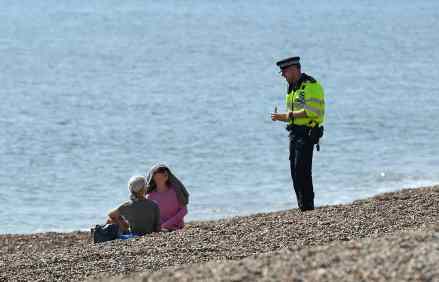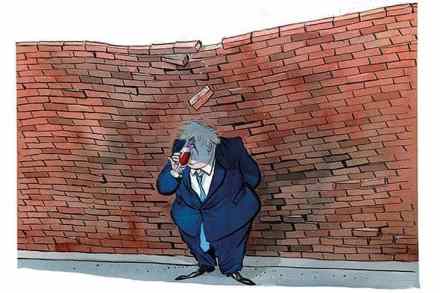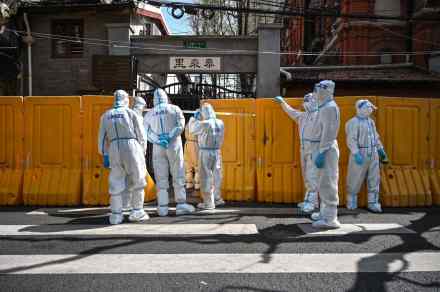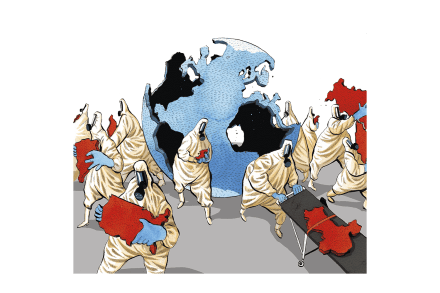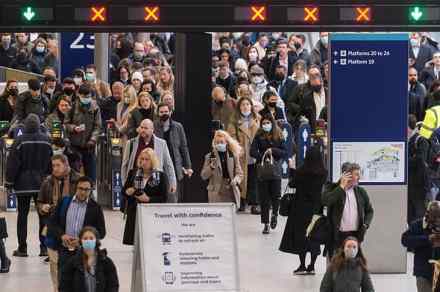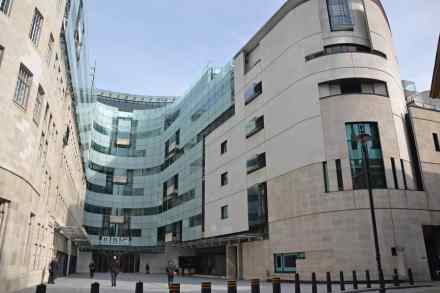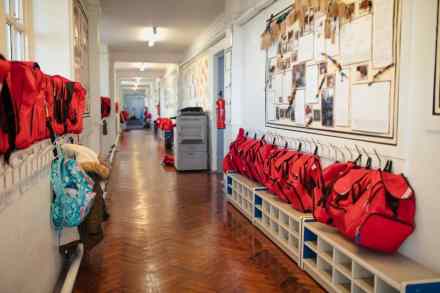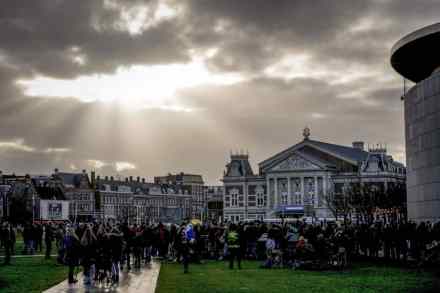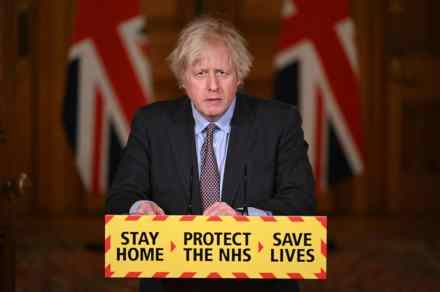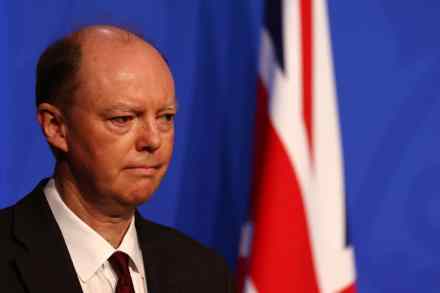The Met’s partygate investigation was worth the cost
In many ways, it has been absurd to have police spend months (and £460,000) investigating birthday cakes, glasses of wine and garden parties. Lord Finkelstein, the Tory peer and commentator at the Times, has come out against it (‘Playing politics is no business of the police’) and the front page of yesterday’s Daily Mail lambasts the cost. I respectfully disagree. If partygate focuses political minds on the wisdom of lockdown rules, it’s well worth it. Keir Starmer and Danny Finkelstein both voted for Boris Johnson’s lockdown laws. If they now find the laws objectionable if used to investigate past offences by politicians: good. That ought to provide cause for reflection as



